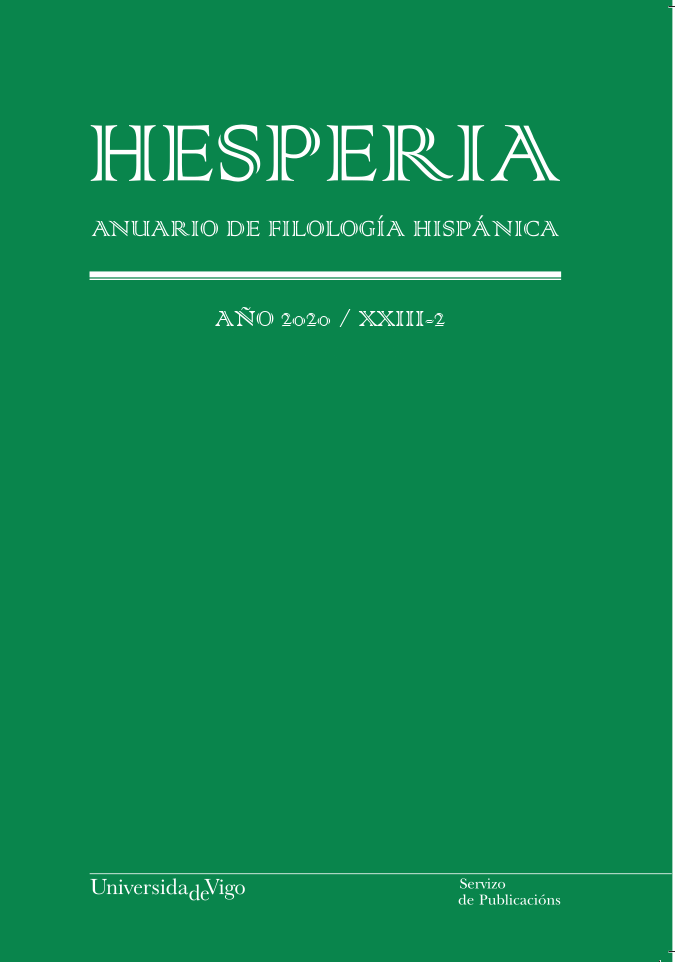Una cuestión de clase. Jordi, elitismo y mariconcracia en El día que murió Marilyn.
DOI:
https://doi.org/10.35869/hafh.v23i2.2695Keywords:
elitism, mariconcracia, camp, queer, late-Francoism, homophobia, mariconcracia, camp, tardofran, Late-Francoism, homphobyAbstract
El día que murió Marilyn (1998) by Terenci Moix, in its capacity as a choral account of late-Francoist bourgeois society in Barcelona, might be one of the most outstanding examples of Spanish novel with intergenerational descriptive aspirations. The set of its narrator-characters build a complete picture of their era, contributing their perspective and locus of enunciation, deeply influenced by their sociohistorical context. However, perhaps the most exceptional figure among all of them is Jordi, Bruno's best friend, first-born of the Llovets, and openly homosexual. Based on a detailed study of the characterization of this character in the novel, this study will aim to analyze the construction of a very particular notion of "class" derived from the accumulation and leveling of different cultural references, and from the tension between elite and mediocrity, both explainable by applying queer theory and the concept of camp to Jordi's evolution and his vision of reality.



